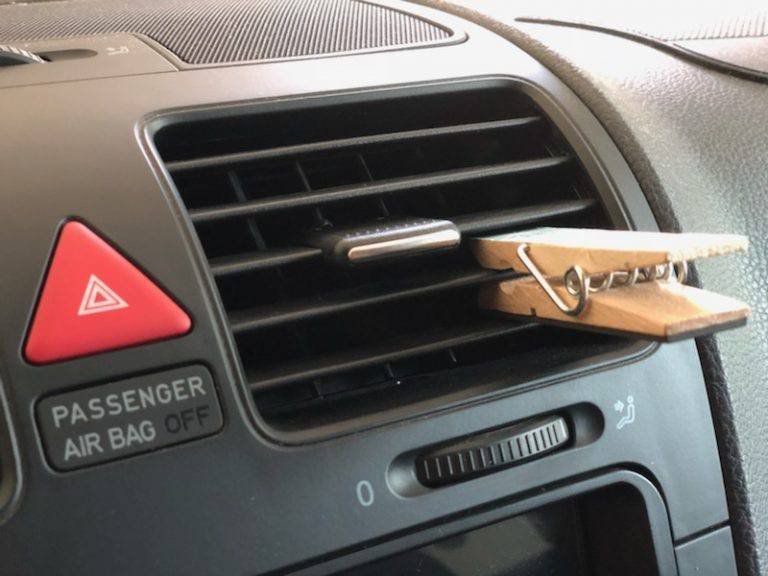ADVERTISEMENT
In the realm of home heating, many of us strive to adopt new techniques or hacks that can simplify our lives or enhance our comfort. One such peculiar trick that has emerged over time is the use of a simple clothespin inserted into a heating grid. Uncommon as it may sound, this seemingly mundane action can provide various benefits that go beyond mere convenience. In this article, we will explore the reasons behind this unique trick and discuss its potential advantages, the science that underpins it, and how to effectively implement it within your own home.
Understanding Home Heating Systems
Before diving into the practicality of using a clothespin in heating grids, let’s first understand how home heating systems work. Most homes utilize one of the following heating methods:
Forced Air Systems: These systems heat air and distribute it through ductwork via a furnace. The air blows from vents and is returned to the furnace through return ducts, ensuring efficient heat distribution.
Radiant Heat: This approach either involves heating panels or in-floor systems that efficiently radiate heat into the living space.
Hydronic Heating: Using hot water that circulates through pipes in walls or floors, this system offers a consistent warmth.
Electric Heating: Electric heaters or baseboard heaters provide direct heating but may be less efficient for larger spaces.
Regardless of the system, the goal is the same: to create a warm and comfortable living environment during colder months.
The Purpose of the Trick
The Clothespin Mechanism
At its core, the idea of using a clothespin on a heating grid revolves around airflow regulation. For homes equipped with heating systems that feature radiators or vents, airflow can determine how effectively heat is distributed throughout a room. Sticking a clothespin on a heating grid can serve a few purposes, which we will explore in detail:
Airflow Control: In many forced air systems, it is common for certain areas of a room to receive more heat than others. By temporarily closing off or restricting the airflow through a specifically chosen vent with a clothespin, you can redirect heat to a cooler area or ensure a more balanced temperature throughout the space.
Ventilation Improvement: When parts of your heating system become obstructed, it can lead to stagnant air pockets that do not circulate properly. A clothespin can help adjust how airflow enters your living space, ensuring better ventilation and the elimination of cold zones.
Temperature Regulation: By selectively minimizing airflow, homeowners can avoid overheating in specific areas during peak heating times, making for a more comfortable living experience.
The Benefits of Using a Clothespin on a Heating Grid
Enhanced Comfort
Comfort is paramount when it comes to heating your home. By directing heat where it is needed and minimizing it in areas that do not require it, you can create a more uniform temperature. This is particularly valuable in homes with high ceilings or multiple levels, where heat distribution can be uneven.
continued on next page
ADVERTISEMENT
ADVERTISEMENT
